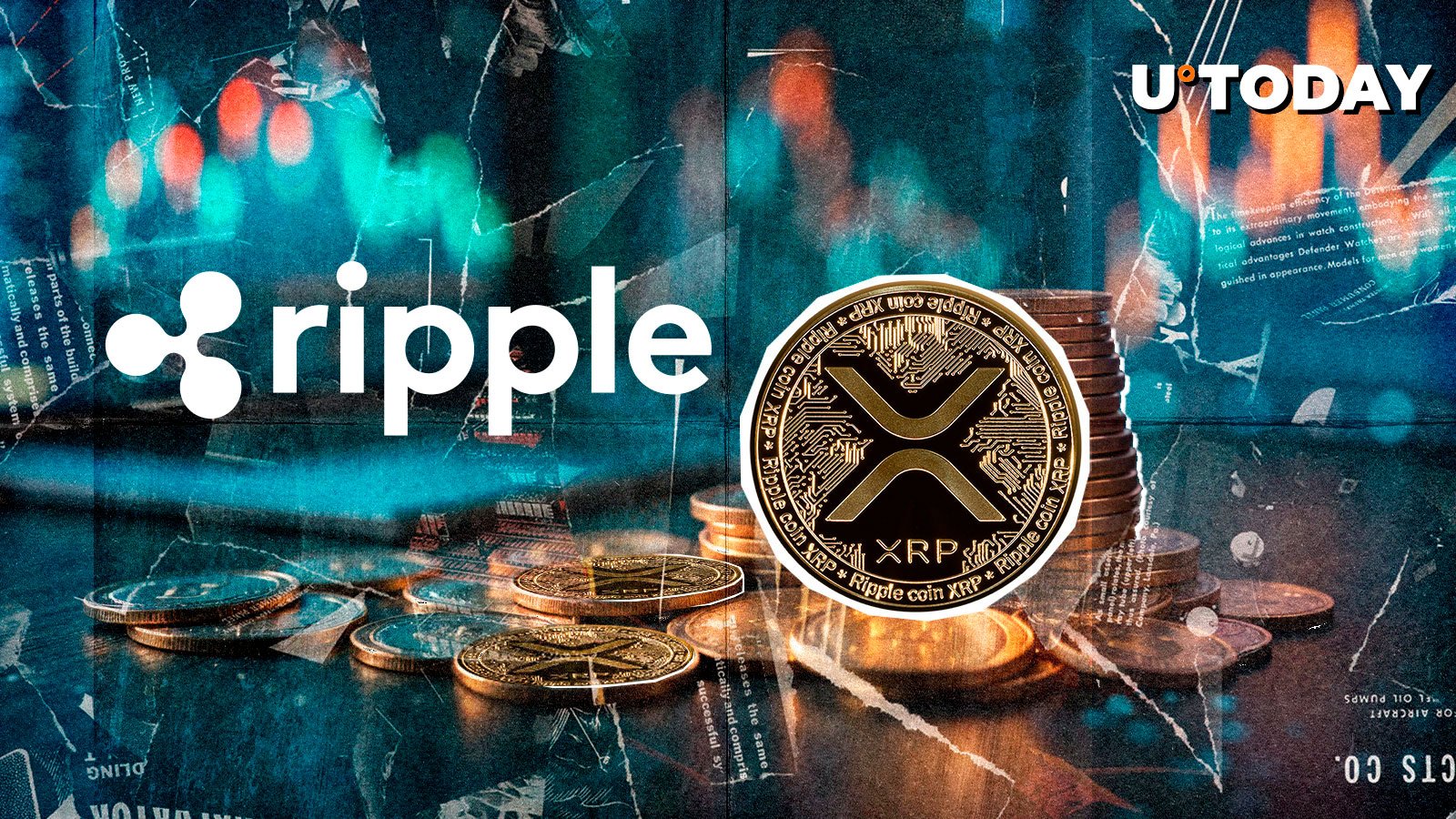The Uncontrollable Debt Crisis: A Global Conundrum
In the modern world, debt has become an integral part of our financial system. From individual consumers to governments, debt is used to fund various expenses, investments, and even day-to-day living. However, the mounting debt levels have raised serious concerns about their sustainability and the potential consequences for both individuals and the global economy.
Causes of Uncontrollable Debt
Several factors have contributed to the uncontrollable debt crisis. One of the primary reasons is the easy access to credit. Financial institutions have been eager to lend money, often with low interest rates and flexible repayment terms, leading consumers to take on more debt than they can afford. Additionally, the global economic downturn following the 2008 financial crisis resulted in many people losing their jobs and turning to debt to make ends meet.
Government Debt: A Global Concern
Government debt has also reached alarming levels. Governments have resorted to borrowing heavily to fund their operations, especially during economic downturns. However, the burden of debt servicing can lead to higher taxes, reduced public services, and even default, as seen in Greece and other countries.
Bitcoin: A Potential Solution
Amidst this financial turmoil, Bitcoin, a decentralized digital currency, has emerged as a potential solution to the debt crisis. Bitcoin operates on a blockchain, a distributed ledger that records all transactions in a secure and transparent manner. This eliminates the need for intermediaries like banks, reducing transaction costs and increasing efficiency.
Decentralization: The Key to Financial Freedom
Decentralization is a key feature of Bitcoin that sets it apart from traditional financial systems. With Bitcoin, individuals have complete control over their funds, eliminating the need for debt intermediaries. This can lead to financial freedom for individuals and reduce the reliance on debt.
Stability and Inflation
Another advantage of Bitcoin is its stability and resistance to inflation. The total supply of Bitcoin is capped at 21 million, ensuring that there is no dilution of value through inflation, unlike traditional currencies. This makes Bitcoin an attractive alternative investment option, especially during times of economic instability and high inflation.
Impact on Individuals
For individuals, the adoption of Bitcoin can lead to reduced reliance on debt and increased financial freedom. Bitcoin transactions are fast, secure, and efficient, making it an attractive alternative to traditional financial systems. Additionally, as the value of Bitcoin is not subject to inflation, individuals can protect their savings from the eroding effects of inflation.
Impact on the World
At a global level, the adoption of Bitcoin can lead to a more efficient and transparent financial system. The elimination of intermediaries can reduce transaction costs and increase financial inclusion, especially in developing countries where access to traditional financial services is limited. Additionally, the stability and resistance to inflation of Bitcoin can provide a hedge against economic instability and inflation.
Conclusion
In conclusion, the uncontrollable debt crisis has become a major concern for individuals and the global economy. However, the emergence of Bitcoin as a decentralized digital currency offers a potential solution. With its features of decentralization, stability, and resistance to inflation, Bitcoin can lead to financial freedom for individuals and a more efficient and transparent financial system for the world. As the adoption of Bitcoin continues to grow, it is poised to disrupt traditional financial systems and redefine the way we manage and use money.
- Decentralization eliminates the need for intermediaries and reduces transaction costs.
- Stability and resistance to inflation make Bitcoin an attractive alternative investment option.
- Adoption of Bitcoin can lead to financial freedom for individuals and a more efficient financial system for the world.





